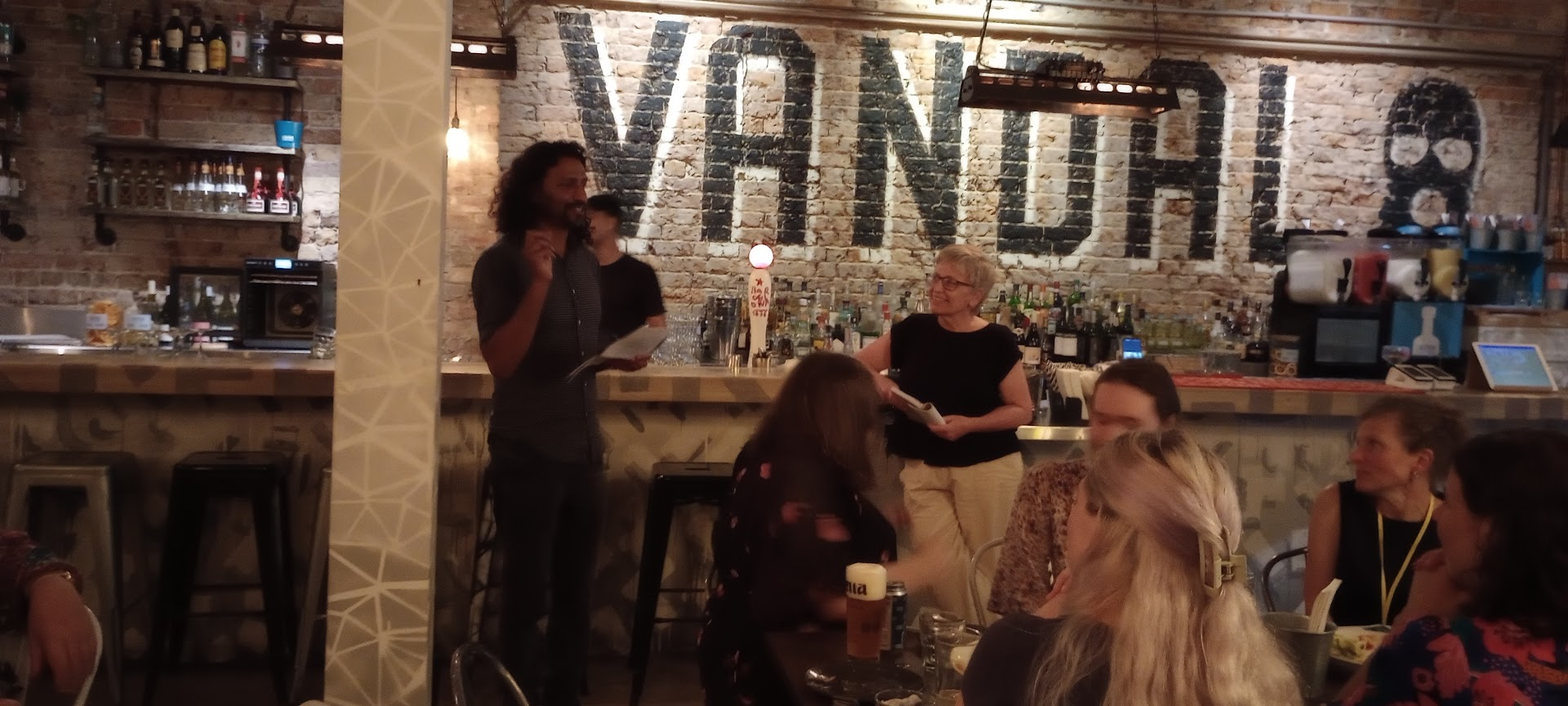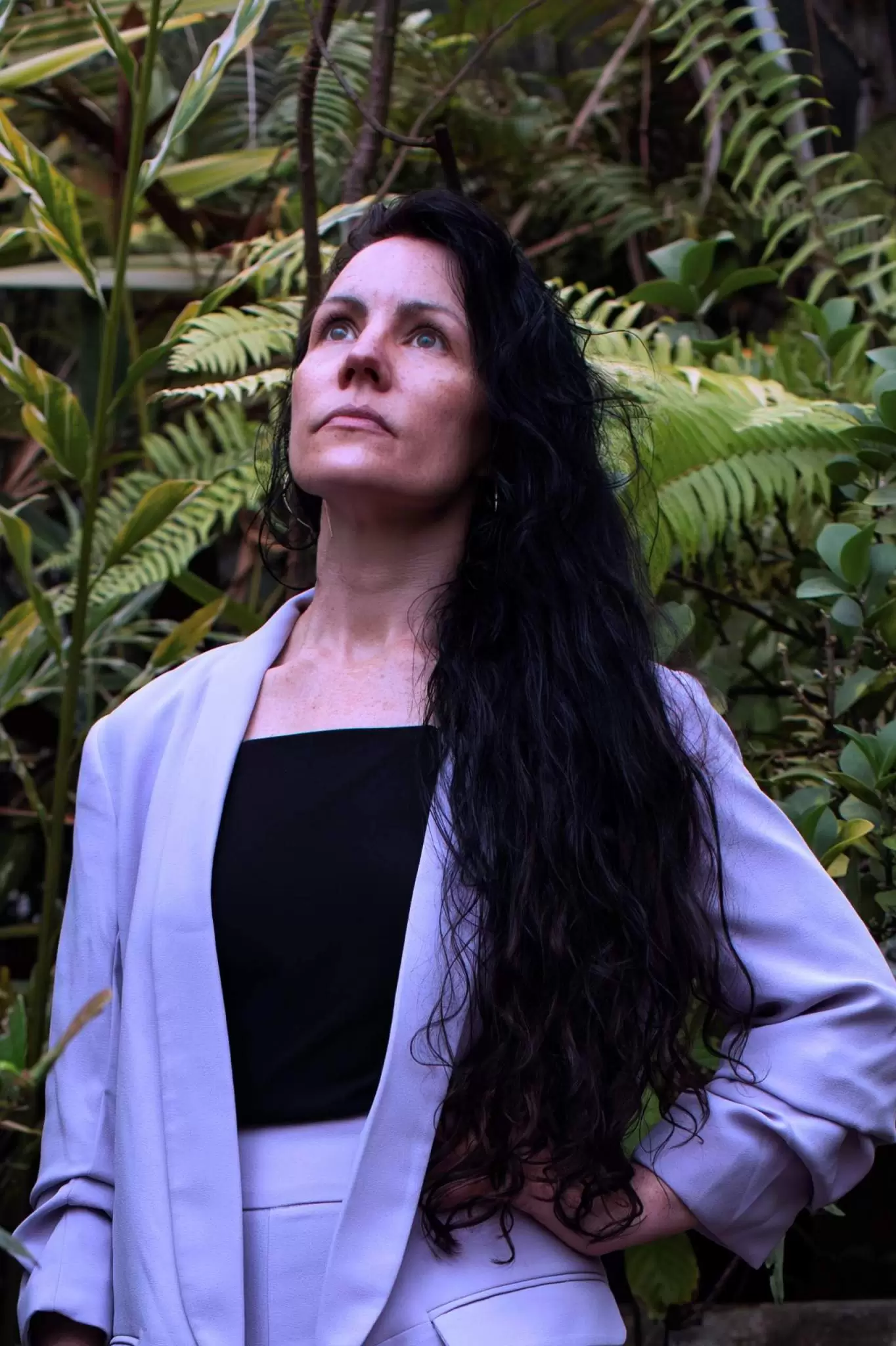Szydlowski, Michelle (2022) ‘Elephants in Nepal: Correlating Disease, Tourism, and Welfare’, Journal of Applied Animal Welfare Science, https://doi.org/10.1080/10888705.2022.2028628
What scholarly disciplines are most relevant to this publication?
This paper draws upon biology, tourism studies, and the social sciences. Individual elephants are caught between conservation efforts and commodification; their outcomes dependent upon classification by humans as ‘wild’ or ‘captive.’ It takes many perspectives to understand the complex relationships between tourism, health, disease, politics, and conservation.
How would you describe this work to a non-academic interested in animal advocacy?
Nepalese wild elephants are fiercely protected members of endangered species, subject to national and international oversight. Although they are the same species, captive tourism elephants remain unprotected, and face increasing challenges to their physical and mental health as the demand for tourist safaris returns to pre-pandemic levels. The use of captive elephants in areas where populations of wild individuals also reside creates an ideal opportunity for the transfer of disease.
Tourists and advocates need to educate themselves how to identify ethical venues and seek out local organizations working to improve conditions for captive elephants. Those wishing to advocate for better elephant health in tourism venues must also consider the needs of mahouts and other local stakeholders. Immediate change may help one species at the detriment of another. Those interested in advocating for other-than-human animals must educate themselves about the impacts of tourism in areas of conservation focus and accept that lasting change must come from within local communities.
How do you see your work relating to human-nonhuman relations?
Mahouts and elephants represent two marginalized communities reliant upon each other for their health and livelihood. These human-elephant relationships developed over millennia of co-work, dominance, and shared spaces. Now these bonds are under threat due to the loss of historical and familial ties to mahout practice which have negatively impacted husbandry practices. In addition, increasing pressure to stop the use of endangered elephants in tourism has created conflict between NGOs, local community members, elephant owners, and mahouts. My work examines the areas of overlap between the desires of humans and the physical and emotional needs of elephants.
What are you working on next?
It always seems my work is going in two directions simultaneously. This paper is part of an ongoing study into mahout-elephant relationships, captive elephant health, and conservation in Nepal. My other passion lies in examining how humans use ‘power words,’ or language and terminology meant to control the narrative (and the physical bodies) of other-than-humans (Szydlowski, 2021; Hill et al 2022).
Bio: Michelle Szydlowski is an Assistant Professor of Anthrozoology at Beacon College in Leesburg, Florida. She currently serves as the board chair of The Katie Adamson Conservation Fund and on the Stand Up 4 Elephants advisory team. Visit her at internationalelephants.org. Michelle has co-published two other articles around this topic with other AASA members: Sarah Oxley Heaney, Kris Hill, Jes Hooper, and Tom Aiello. These articles can be found in Trace: Journal of Human-Animal Studies (see Szydlowski et al 2022 here; and Oxley Heaney et al 2022 here).



